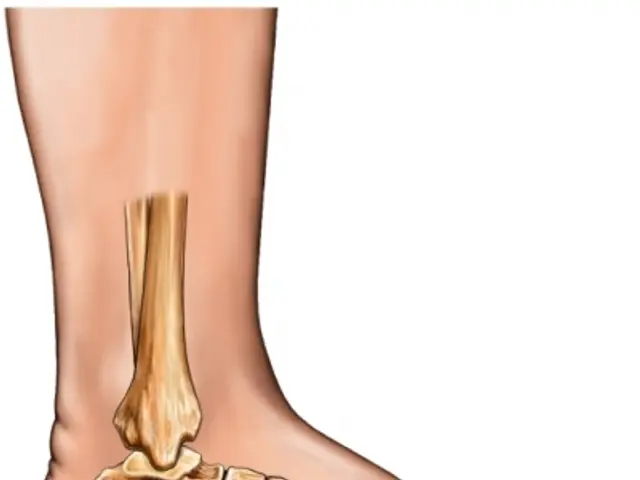Germany Returns to Standard Time: How to Ease the Transition
Germany has returned to standard time, with clocks set back an hour. The change, which took place over the weekend, was facilitated by atomic clocks in Braunschweig. While the adjustment is seamless for devices, the human body may take several days to adapt to the new time.
The shift back to standard time can disrupt the body's internal clock, leading to morning fatigue, slight drowsiness, or reduced productivity for many people. To ease the transition, experts recommend gradually adjusting daily routines over several days. Soaking up natural daylight can also help stabilize the sleep-wake cycle.
Pets, such as dogs and cats, may initially expect their meals or walks an hour earlier, but they should quickly readjust to the new time. The time change will also mean mornings will grow lighter earlier, but evenings will darken sooner.
Germany's official time is partly determined by atomic clocks in Braunschweig, ensuring all devices synchronize seamlessly to the new time. While the body may take up to two weeks to fully readjust, gradual adjustments to daily routines can help mitigate the effects of the time change. The European Parliament has voted to abolish the seasonal clock change, but a consensus on whether to keep permanent standard time or permanent daylight saving time has not yet been reached among EU member states.








